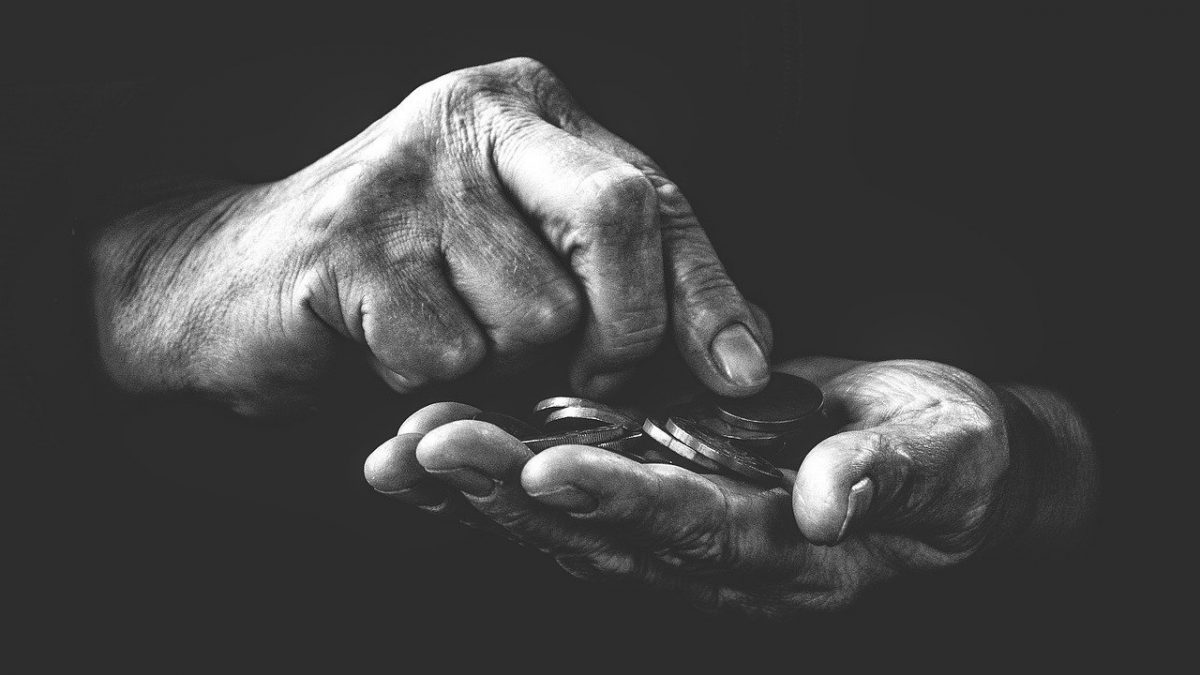At the initiative of the United Nations, the International Day for the Eradication of Poverty and Social Exclusion is marked on 17 October. This year’s theme seeks to highlight one of the less visible dimensions of poverty—the negative societal attitudes towards people living in poverty.
Unfortunately, many human rights remain inaccessible to these individuals. For example, they face barriers in accessing housing, social and healthcare services, education, and employment, and are also subject to stigmatisation and discrimination based on their economic status. Therefore, reducing the risk of poverty and social exclusion, as well as inequalities in society, must be a priority of social policy.
According to the latest data from the Croatian Bureau of Statistics, the at-risk-of-poverty rate in Croatia in 2023 was 19.3%, while 20.7% of citizens were at risk of poverty or social exclusion.
Unfortunately, this means that the number of socially vulnerable individuals in our country has increased compared to the previous year, when 18% of citizens were at risk of poverty, and one in five (19.9%) were at risk of poverty or social exclusion.
For example, nearly every second person (41.4%) lived in households unable to cover an unexpected financial expense, every third person (39.4%) in households unable to afford a week-long annual holiday away from home, and one in sixteen (6.2%) in households unable to afford adequate heating during the coldest months.
Additionally, one in five people (22%) reported having great or serious difficulty making ends meet, and nearly every second person (44.3%) had some difficulty, which means that two-thirds of Croatian citizens experienced financial strain.
The most vulnerable group remains people over the age of 65, with one in three (34.6%) at risk of poverty. If an older person lives alone, the poverty risk rises to as much as 59.9%. However, it is particularly concerning that the second-largest increase in poverty risk compared to the previous year was recorded among young people aged 18 to 24, rising by 2.3% (from 12.7% in 2022 to 15% in 2023).
Therefore, greater efforts must be made to build an effective social welfare system that is well-organised, user-focused, and adequately resourced, while also being accessible to everyone, including those in rural, remote, and island areas. Benefits should be sufficient to ensure a significant reduction in poverty.
More information on poverty, discrimination based on economic status, and its impact on human rights, as well as recommendations from the Ombudswoman for better protection, can be found in the Ombudswoman’s 2023 Annual Report.





